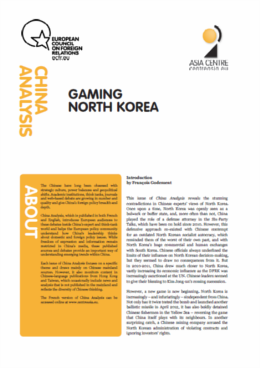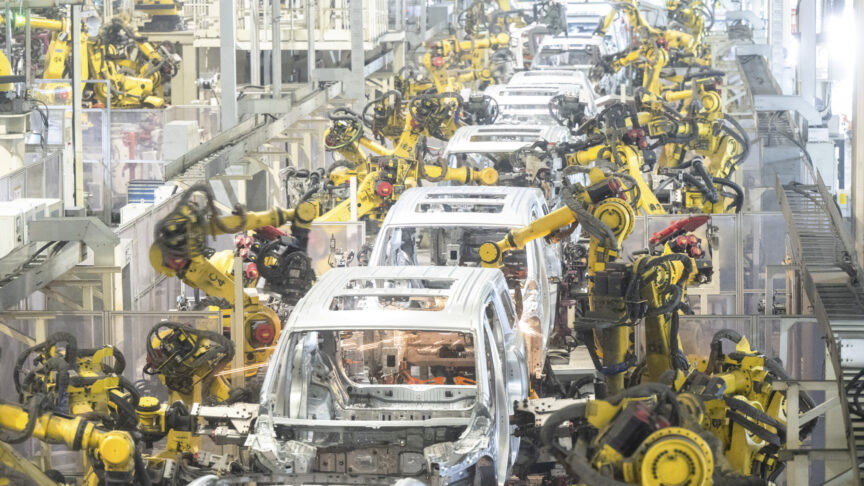China Analysis: Gaming North Korea
The future of China’s North Korea policy
Relations between China and North Korea are changing. China no longer perceives North Korea as a buffer state and North Korea's new leader Kim Jong-un has been pursuing a more assertive approach towards China. But China is not giving up on the regime and Chinese thinkers are suggesting a series of Chinese-style reforms for the regime in Pyongyang. But is it in North Korea's interest to follow China's advice on reform and opening up?
The latest issue of China Analysis ('Gaming North Korea'), published by ECFR and Asia Centre, reveals a lively debate over the future of China's North Korean policy. The recent leadership change in North Korea is an opportunity for Chinese commentators to rethink some of the key issues linked to China's approach towards the Korean peninsula:
- A debate on the prospects and limits of China's influence on the Korean peninsula after the failed North Korean satellite test.
- Chinese perspectives on North Korea's economic reform and the question whether the regime can survive without pursuing radical reform,
- Chinese commentators also analyse the simmering conflict between Beijing and Seoul over illegal North Korean immigrant
The ‘China Analysis’ series, published by ECFR and Asia Centre, analyses the debates over China’s policies and direction within China’s expert community itself. Click here for more from ECFR’s China Programme.
Key facts
- China is participating in the international sanctions against North Korea that make it more difficult for Pyongyang to acquire technology for its missile programme. China did not block a UN declaration condemning the North Korean (failed) satellite launch.
- North Korea announced on 6 May 2012 that it was reactivating its nuclear defense programme. Meanwhile South Korea carried out new military exercises with the US.
- Neither North Korea nor South Korea want reunification on equal terms. Each side wants to absorb the other. Chinese analysts see change in North Korea as necessary in order to save the country rather than to promote unification.
- It is estimated that 100.000 illegal North Korean immigrants live in China. The flow of immigrants began with the 1994-1998 famine in North Korea. Refugee camps also exist in Mongolia.
- Over the last three decades North Korea has introduced several economic reforms – but they have largely been unsuccessful. The most recent wave of economic reform began in January 2010. The army and the party disagree on reform which makes it difficult for Kim Jon-un to change course.
The European Council on Foreign Relations does not take collective positions. ECFR publications only represent the views of their individual authors.



